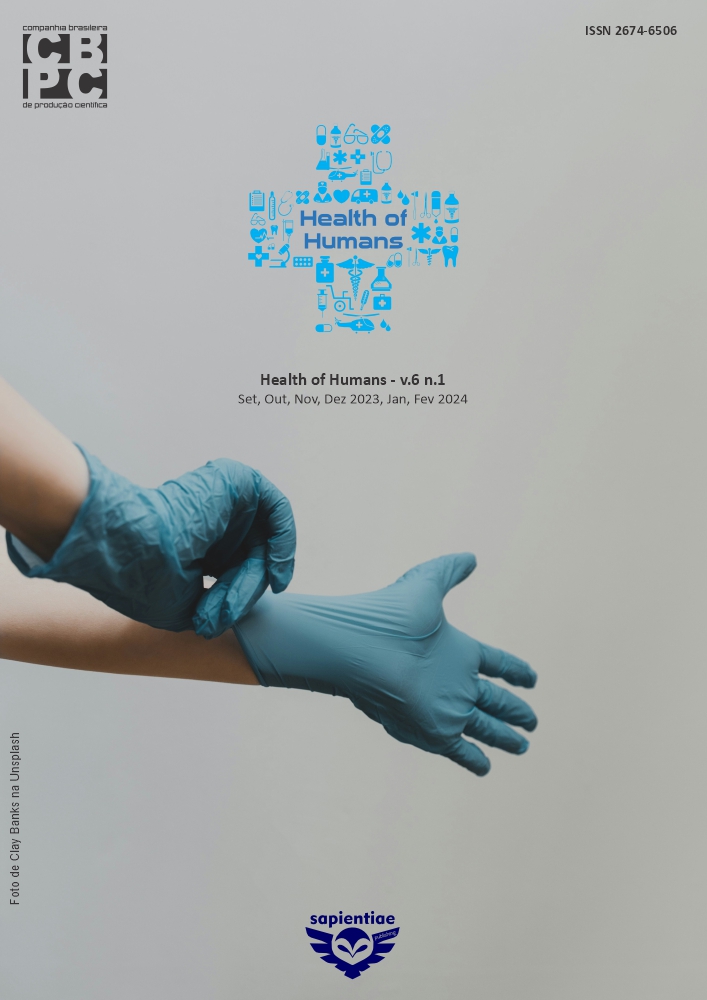Physiotherapeutic care in premature infants with Respiratory Distress Syndrome: a literature review
DOI:
https://doi.org/10.6008/CBPC2236-9600.2018.002.0005Keywords:
Respiratory Distress Syndrome, Premature, Neonatal Intensive Care Unit, Physiotherapy, Mechanical ventilationAbstract
Respiratory Distress Syndrome (RDS) is a disorder that mainly affects premature newborns due to pulmonary immaturity resulting from the deficiency or inactivation of the surfactant. The surfactant is a lipoprotein substance produced by the type II pneumocyte cells and stored in the lamellar bodies and later released into the alveolar space, synthesized from the 20th week of gestation, with peak production around 35 weeks. The function of the surfactant is to reduce the superficial tension of the alveoli, avoiding the collapse in the expiration. The lower the gestational age at birth, the greater the risk of developing RDS. The prematurity and immaturity of the respiratory system lead to a greater need for invasive ventilatory support, oxygen therapy, physiotherapeutic assistance and hospitalization in the neonatal intensive care unit. Respiratory physiotherapy plays an important role in the maintenance of airway permeability, prevention of respiratory complications, promotion of bronchial hygiene, optimization of pulmonary reexpansion, adequate positioning and monitoring of the parameters of invasive and non-invasive mechanical ventilation. This study aims to perform a bibliographic review to identify the respiratory therapy strategies used by the physiotherapist in the care of the premature newborn with Respiratory Distress Syndrome. To this end, we did a survey of scientific articles in electronic databases such as SciELO, LILACS, Google Academic and PubMed, through the cognates 'Respiratory Distress Syndrome', 'premature neonates', 'neonatal intensive care unit', 'physiotherapy' and 'mechanical ventilation', and its correlates in English 'Respiratory Distress Syndrome', 'premature infants', 'neonatal intensive care unit', and 'physical therapy and mechanical ventilation'. Physiotherapeutic assistance to preterm infants with RDS in the NICU is essential for the success of therapy and progressive improvement of pulmonary function until discharge. The physiotherapist must exercise a comprehensive and humanized treatment plan ranging from invasive and non-invasive ventilatory adjustment to the execution of therapeutic maneuvers, positioning and care with the occurrence of sequelae such as intraperiventricular hemorrhage and bronchopulmonary dysplasia that may compromise neuropsychomotor development and quality of life after hospital discharge.
Downloads
Downloads
Published
Issue
Section
License
The CBPC - Companhia Brasileira de Produção Científica (Brazil CNPJ: 11.221.422/0001-03) the material rights of the published works. The rights relate to the publication of the work anywhere in the world, including rights to renewals, expansions and dissemination of the contribution, as well as other subsidiary rights. All electronically published works may subsequently be published in printed collections under the coordination of this company and / or its partners. The authors preserve the copyright, but are not allowed to publish the contribution in another medium, printed or digital, in Portuguese or in translation.








